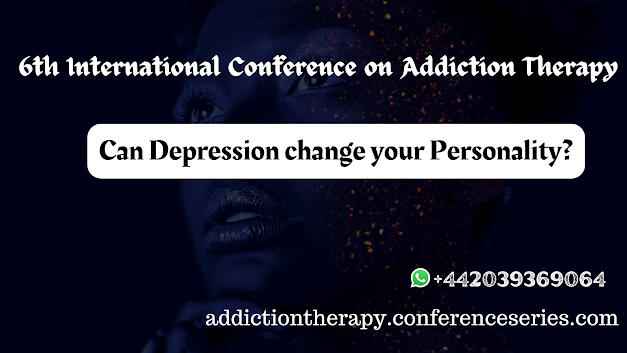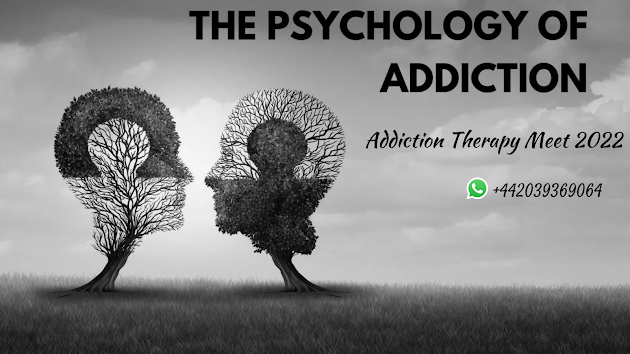Can Depression change your Personality?

Depression (major depressive disorder) is a typical and significant health condition that has a negative impact on quality of life, think, and behave. It is also, thankfully, curable. Depression generates sadness and/or the loss of interest in previously appreciated activities. It can cause plenty of mental and physical difficulties, as well as a decrease in your capability to function at work and at home. Understand the connection between personality and depression has consequences for explaining aetiology and comorbidity, detecting at-risk people, and customising therapy. We go through seven primary theories that have been presented to explain the link between personality and depression, as well as crucial methodological issues such qualitative research, mood disorder heterogeneity, and personality evaluation. The extensive empirical literature on the role of personality traits in depression in children and adults is then reviewed selectively. Additionally, personality traits...


